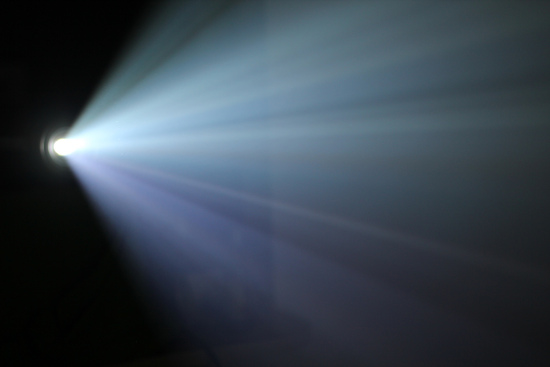I ran an internet search on passion to help me write this introduction, and found that I’d written this poem out of my depth. Look for passion in our world and you’ll find an ancient power play with a problem for a heart. You’ll find a historical reel of attempts to define—to contain—our experience of strong and barely controllable emotion. Philosophers, poets, theologians, film directors: the effort to direct passion is, basically, erotic. You can do this at home.
I love going to the movies, but as a woman of color the actual cost of admission can be difficult to predict. Certain moments in film reenact trauma borne by people with marginalized bodies, and these moments are not foreshadowed by escalating soundtrack cues so an audience member may cover her ears, her eyes, or her heart. When such moments reach through what I had hoped was a wall and grip my heart, I experience a complex of extreme feeling. I become barely controllable. I am easily terrified, and dissociating in a public space is one of the darkest ecstasies I know, which is to say that the ugly passion inflicted on me by a film director collides with my beloved, fatalistic passion for self-control to form an insatiable double-bind. The power to author another person’s passion is, basically, necromancy. You cannot do this at home. You have to leave the structure you call your home and have a seat in the room in which utter darkness is what we paid for.
Passion with a Cinema Inside of It
Come into the century, where memory is mirrored
Milk money hidden in fists of daily bread
Cavalier, cold, and chronic cases like a nation
Like history like water, like mastery like wine
The slot is soberBut not the coinThe rolling credit
Of a pupil swallowing that pixel prick
Whipping at wall number fourWas that puppet
My full lengthOr is your ticket torn, too
Fantasy is cement is safe houseWhom does exit
InjureIt did not take two to dangle
Come to the stilling den, the threshing floor
To spectacle festival grunting smallWe came
For pleasure and coughed up joy and came back
For terrorWe named a holy priceTwice
Replayed is the earthly problemTragedy gives back
No uncut self or sympathyThat isUnless
—
 Lo Kwa Mei-En is the author of Yearling, winner of the 2013 Kundiman Poetry Prize. Her poems have appeared in Boston Review, Guernica, The Kenyon Review, West Branch, and other journals, and won the Crazyhorse Lynda Hull Memorial Poetry Prize and the Gulf Coast Poetry Prize.
Lo Kwa Mei-En is the author of Yearling, winner of the 2013 Kundiman Poetry Prize. Her poems have appeared in Boston Review, Guernica, The Kenyon Review, West Branch, and other journals, and won the Crazyhorse Lynda Hull Memorial Poetry Prize and the Gulf Coast Poetry Prize.
“Passion with a Cinema Inside of It” appears in the Summer & Fall 2015 issue of Poetry Northwest.

